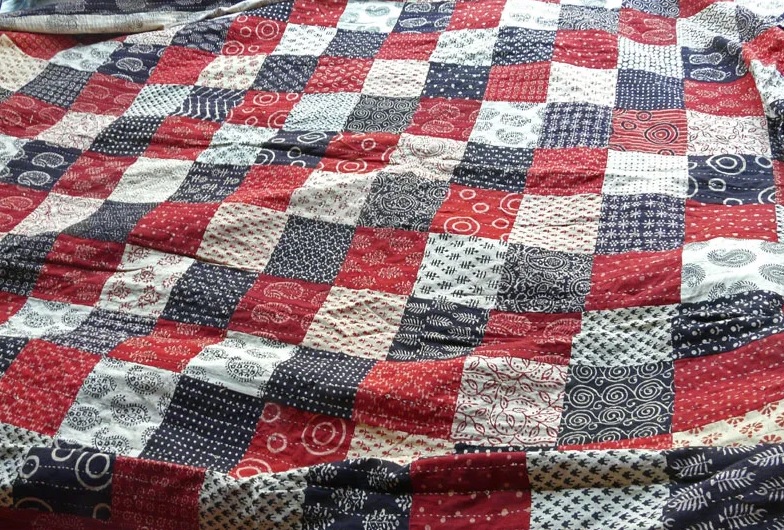Coupled with the military government's imposition of conscription in February 2024, the civil war has significantly disrupted workforce planning in the apparel sector of Myanmar.
The threat of conscription is prompting many youngsters to leave the country amidst ongoing armed conflicts. Reports of military units forcibly recruiting workers, especially during nighttime, have only added to the anxiety, leading to a wave of resignations and a decline in the workforce.
The upcoming Burmese New Year, 'Thingyan', in April 2024 is anticipated to further exacerbate the labor crisis, with projections suggesting that up to 5 per cent of the workforce may not return to factories after the holiday, opting instead to stay home or seek opportunities in neighboring countries like Thailand.
Moreover, the military government's loss of territory to pro-democracy armed groups and ethnic militias along Myanmar's borders has disrupted logistical operations, affecting manufacturers relying on land routes for import and export.
Despite these challenges, areas like Yangon, Bago, and Pathein, where major garment factories are located, remain under military control, benefiting the regime financially.
However, workers continue to suffer due to low wages, lack of benefits, and harsh working conditions, with some factories even facing allegations of labor violations. While the loosening of foreign exchange controls in 2023 has eased transactional processes for garment manufacturers, the industry remains vulnerable to the volatile economic and political landscape.
Although major trading partners like the US and the European Union have refrained from imposing general sanctions to protect businesses and workers, concerns about reputational risks have prompted some companies to withdraw from Myanmar, citing labor violations.
Furthermore, economic challenges, including high inflation and trade disruptions, coupled with stagnant growth, pose significant hurdles for the country's apparel sector. Despite operating amidst adversity, there has been a notable absence of new investments in the industry since the military coup.
With labor rights violations on the rise and industry insiders continuing to express pessimism about the future, the outlook for the apparel sector in Myanmar looks grim. As the country grapples with instability and economic woes, the once-promising garment sector faces an uncertain future, with potential repercussions for both workers and businesses alike.












